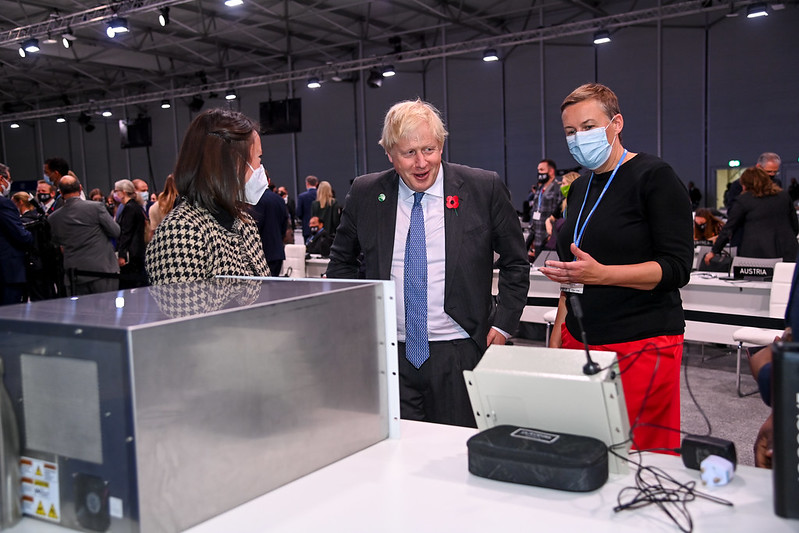£240m Net Zero Hydrogen Fund: How To Get Your Bid Approved

As the Net Zero Hydrogen Fund (NZHF) opens on Monday, 25th April, Hydrogen Industry Leaders highlight the objectives of the fund and the requirements for a successful bid.
The aim of the Net Zero Hydrogen Fund (NZHF) is to provide capital expenditure (CAPEX) and development expenditure (DEVEX). This will support the commercial deployment of new low carbon hydrogen production projects during the 2020s.
This ensures that the UK has a diverse and secure decarbonised energy system fit for meeting the UK ambition of 10GW low carbon hydrogen production by 2030 and its commitment to reach net zero by 2050.
The NZHF will deliver up to £240 million via four strands, including Development Expenditure (DEVEX) and Capital Expenditure (CAPEX) for the first two strands.
Four main strands of investment to increase innovation
Development Expenditure (DEVEX) support for front end engineering design (FEED) and post-FEED studies to grow the UK’s future pipeline of hydrogen projects. Capital expenditure (CAPEX) for projects that do not require a hydrogen specific business model. Low carbon hydrogen projects can deploy based on capital expenditure support and start construction rapidly.
Strand 3 is CAPEX for projects requiring a hydrogen business model (HBM) and sitting outside the hydrogen business model (HBM), and sitting outside the Phase 2 cluster sequencing process. In contrast, strand 4 is CAPEX for carbon capture usage and storage (CCUS) enabled projects that require a hydrogen specific business model and are part of the Phase 2 cluster sequencing process.
This competition relates to Strand 1 only, with the second strand being delivered through a separate competition. Additionally, strands 3 and 4 will be provided by BEIS.
Credibility, scalability and environmental benefits are all high priority aspects.
Your proposal for strand one must demonstrate how you will develop a credible project that will contribute to the at-scale production of low carbon hydrogen by 2025. Funded projects must support the delivery of the 10GW production target by 2030 set out in the Energy Security Strategy.
Hydrogen production projects will be able to apply for co-funding through Strand 1 if they require DEVEX support for the cost of front end engineering design (FEED) or post-FEED expenditures or both. Where appropriate, support will also be available for FEED and post-FEED costs for associated on-site transport and storage infrastructure.
The project’s total grant requested must be between £80,000 and £15 million, and FEED studies include the following:
- equipment definition (equipment datasheets, specifications)
- equipment pricing (bid lists, bid packages)
- plant layout & model (plot plan)
- material quantification (material take-off, physical drawings)
- engineering, procurement and construction (EPC) execution planning (EPC schedule, contract plan)
- cost estimation (capital costs, operating costs)
- commercial proposal (cost, schedule, performance guarantees)
- environmental impacts and mitigation
Hydrogen Industry Leaders is here to help you showcase your hydrogen products and solutions. To get involved with our events, follow this link.

